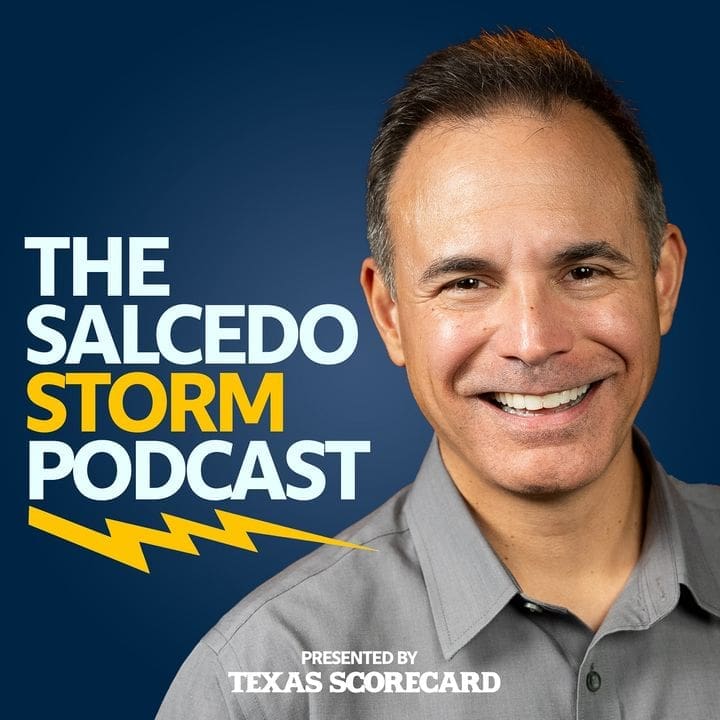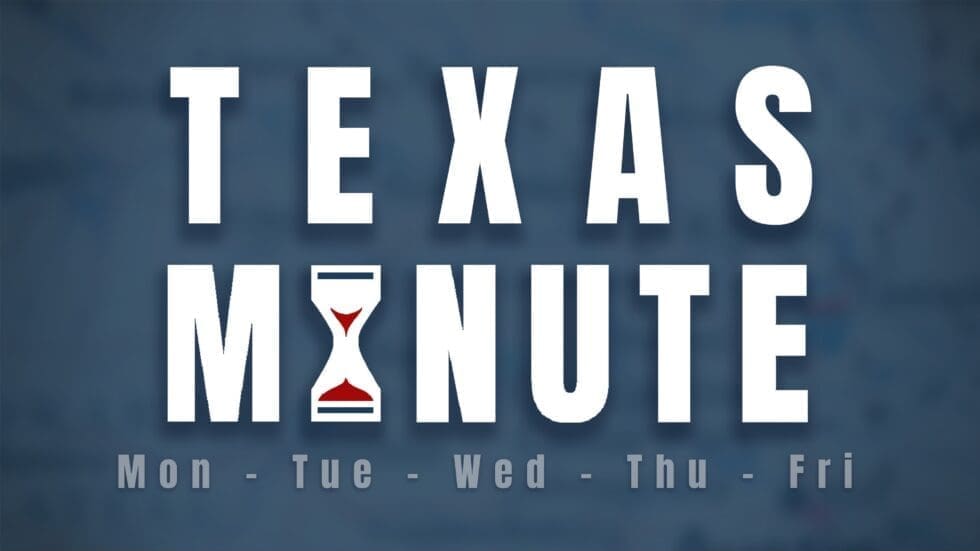Everyone’s heard the doomsday scenario: Budget shortfalls are imminent for school districts across the state and the only way these cash-strapped entities can make due is fire teachers. Never-mind that superintendent salaries and benefits have actually been steadily increasing lately.
Take Amarillo ISD superintendent Rod Schroder’s salary for example. His salary has increased by 11% since 2008, up to $265,980 annually, yet he still found it necessary to testify in front of the Senate Finance Committee about having to reduce staff due to pending budget cuts.
Other superintendents around the state are getting sweetheart deals like this too. Round Rock ISD superintendent Jesus Chavez, who claims his district will have to cut $73 million out of its budget despite its $200 million Rainy Day Fund, makes a base salary of $252,875. Terry Grier, superintendent of Houston ISD, makes over $300,000 a year.
And that’s not even counting the “perks” issued to these officials like “car allowances”, annuities, bonuses, and life insurance policies. Eanes ISD (Westlake High School in Austin) even pays the income and medicare taxes on superintendent Nola Wellman’s salary! Those kind of “perks” would even make corporate CEO’s blush.
Texas public schools have inflated the number of non-teaching staff to a near 1:1 ratio (it was only 5:1 teachers to non-teachers 40 years ago). Couple this with the fact that only 24% of Texans think superintendents favorably influence a child’s education1 and the solution to the doomsday scenario becomes clear. Transparency and fiscal responsibility (like a reduction in school district administrators’ pay for instance!), not more money, will help avert the crisis these superintendents speak of.
In addition to cutting administrators’ salaries, a good step in the right direction would be to pass HB 458 by Rep. James White that exempts school districts from complying with unfunded state educational mandates. Another step would be to force school districts to put their check registers online, giving the public full reports of the spending habits of these districts. This added transparency would foster new ideas to make these districts more efficient with taxpayers’ money.
This so called “crisis” in public education funding is nothing all other agencies and taxpayers alike aren’t facing as we all take a good hard look in the mirror and ask ourselves “where’s the bloat?” The sooner we realize that public education and its administrators are not sacred cows, the better off we’ll be during these budget discussions.
—
1Compared to 62% of Texans thinking their children’s education is more favorably influenced by principals. In the same survey, 60% of Texans said they wanted to see non-classroom expenditures reduced, compared to only 25% who wanted to raise taxes to keep spending at current levels.
—
Dustin Matocha is the Social Media Coordinator of Empower Texans / Texans for Fiscal Responsibility
Connect with Dustin on Twitter




